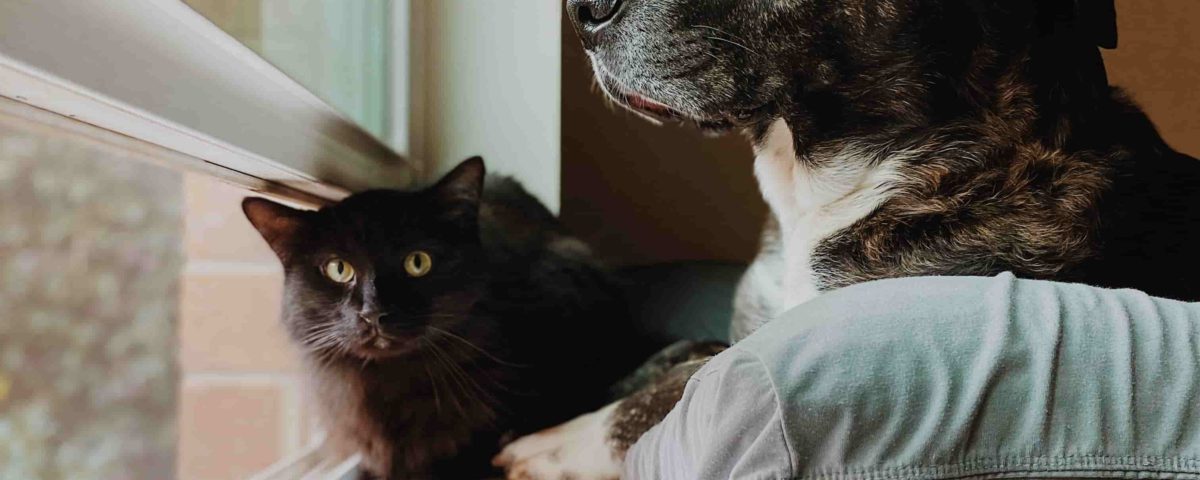This session we will continue our study of Love in Chaos with Bob Goff on RightNowMedia. We are on session 5 of 6.
Every session has a point—what each participant should walk away from the discussion knowing, feeling, and doing.
- Main Idea: We bear witness to the transforming love of Christ when we love our enemies.
- Head Change: To know that God commands us to love the people we find difficult.
- Heart Change: To feel encouraged to extend kindness, care, and concern to those who are hard to love.
- Life Change: To take the initiative to love our enemies and reconcile with those from whom we’re estranged.
Which movie villain would be your worst enemy? Why? What about that character do you find so unappealing?
Most of us enjoy a good superhero movie. The battle between good and evil, the triumph of “the good guys” over their enemies—it seems that we can never get enough. Even in real life, the idea of defeating enemies can be enticing.
But for Christians, overcoming our “enemies” should be a foreign concept. Instead, God calls us to love our enemies, which can be very hard. In this session, Bob will show us the importance of loving those we might consider our enemies and the amazing things that can happen when we do.
Watch Session 5: Love Your Enemy (10 minutes).
Loving God, our neighbors, and our enemies are all relatively easy to talk about, but can be hard to actually do. For what reasons do you find it difficult to love your neighbors? How much more difficult is it to love your enemies than your neighbors? Why?
One thing that makes the task of loving enemies challenging is that we may not think we have enemies. Or we might just have too narrow a definition of what makes an enemy. Without naming names, would you say you have enemies? What makes someone an enemy to you?
How do you tend to treat your enemies, both in your mind and practically?
After coming to the legal aid of a kid in Uganda who had been the victim of a local witch doctor, Bob realized the witch doctor was his enemy. Have you ever been face-to-face with an enemy of your own? What was that situation like? How did you react?
After the witch doctor was sent to prison, Bob proceeded to pursue a friendship with him—this man whom he considered his enemy. For what reasons did Bob befriend Kabi, the witch doctor? Do you think you would have done as Bob did? Why, or why not?
Bob said that Kabi eventually came to Christ and began befriending his enemies. While not all stories about loving our enemies will end that way, loving our enemies can change them. It can also change us. In what ways can obeying Jesus’s command to love our enemies affect them? In what ways can it change our hearts?
One of the most powerful moments in this session was when Bob, as he was describing the school his team started for witch doctors, said, “Instead of pointing our fingers at people that did awful things, we decided to take the Scriptures literally and to say, ‘love your enemies.’” When have you taken the Scriptures seriously and obeyed them? How did your life change? In what ways did your actions impact the people around you?
As this session came to a close, Bob asked us a series of questions. “Who is it that’s prickly . . . [or] hard to love in your life . . . [or] disagreeable?” Without saying it out loud, consider how you would answer those questions. Then, remember what Bob said: “You’re disagreeable. You are not as lovely as you think you are.” In what ways are you also disagreeable? How does the realization that you can be disagreeable help you to love others who are as well?
Loving our enemies is what Bob called one of the Bible’s “hard parts.” Some people, when they encounter the hard parts of the Bible, avoid or remove them. Others embrace them and seek to obey. Which kind of person are you? What can you do to regularly embrace and obey the hard parts of Scripture?
Whether with someone we’re estranged from, someone who’s “burned” us, or even someone we’ve “burned,” Bob encouraged us to try to make things right. What’s the first thing you can do to mend a broken relationship? Who’s the first person you should call? What’s keeping you from making that call today?
We can’t say we love God and then not love the people around us—even our enemies. What could happen in your life if you loved your enemies? In what ways might it change your relationship with God?
What could it look like to love your enemies in a tangible way this week?
LAST WORD
Loving our neighbors is often hard enough, but loving our enemies? That seems impossible. Nevertheless, that’s what Jesus calls us to do. With God’s help, we can extend God’s love to those who are difficult and disagreeable. And when we do, we might be amazed at what can happen.
Take Bob’s final encouragement in this session seriously this week: “Love your enemy. See what’ll happen in your life. Give it a try.”
